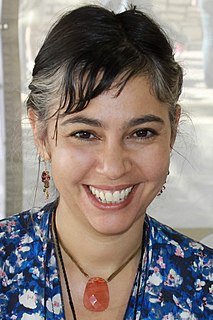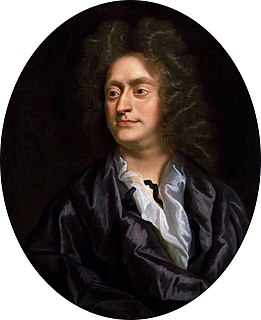A Quote by Pattiann Rogers
I'm primarily a poet, so I'd have to say in my case I'd investigate the mystery in poetry in a different way than prose might investigate it, in a way that includes the power of the music of language and maybe more imaginatively in poetry, but I don't really know about better or worse. I guess it depends on the writer.
Related Quotes
Poetry has an indirect way of hinting at things. Poetry is feminine. Prose is masculine. Prose, the very structure of it, is logical; poetry is basically illogical. Prose has to be clear-cut; poetry has to be vague - that's its beauty, its quality. Prose simply says what it says; poetry says many things. Prose is needed in the day-to-day world, in the marketplace. But whenever something of the heart has to be said, prose is always found inadequate - one has to fall back to poetry.
Poetry is the most direct and simple means of expressing oneself in words: the most primitive nations have poetry, but only quitewell developed civilizations can produce good prose. So don't think of poetry as a perverse and unnatural way of distorting ordinary prose statements: prose is a much less natural way of speaking than poetry is. If you listen to small children, and to the amount of chanting and singsong in their speech, you'll see what I mean.
Certainly for me prose has a dilatory capacity, insofar as I don't trust my abilities in prose. I imagine I could have done the same thing in poetry, but sometimes I feel more fluent in poetry than in prose, and as a consequence perhaps I might pass too quickly by a thing that I might, in prose, have struggled merely to articulate. That struggle creates space, and it seems to me a particular kind of space into which memory flows easily. I suspect I think better in poetry, however.
I wrote poetry for seven or eight years, maybe longer, before I could say I was a poet. If people asked, I'd say I wrote poetry; I wouldn't go further. I was in my mid- to late-thirties before I felt that I was a poet, which I think meant that I had begun to embody my poems in some way. I wasn't just a writer of them. Hard to say what, as a poet, my place in the world is. Some place probably between recognition and neglect.
Prose-it might be speculated-is discourse; poetry ellipsis. Prose is spoken aloud; poetry overheard. The one is presumably articulate and social, a shared language, the voice of "communication"; the other is private, allusive, teasing, sly, idiosyncratic as the spider's delicate web, a kind of witchcraft unfathomable to ordinary minds.
My path to poetry was slow and meandering. When I eventually found my way to graduate school at 29, making a life as a poet seemed like a bohemian fantasy. But maybe my zigzagging trajectory is just an excuse for tardiness, when fear is really the root of any reason I might give. My perfectionism and pace are certainly driven by fear that a poem is imperfect or incomplete. More significantly, my struggle to fully dedicate myself to poetry was a fear of failure.
I'm educating myself more about world poetry. I know a lot about contemporary American poetry, so I felt I needed to learn more about figures like Borges, Akhmatova, Neruda, etc. I felt I needed a bigger lens to see poetry through. It really helps to see poetry as a world language, and not just something American.





































